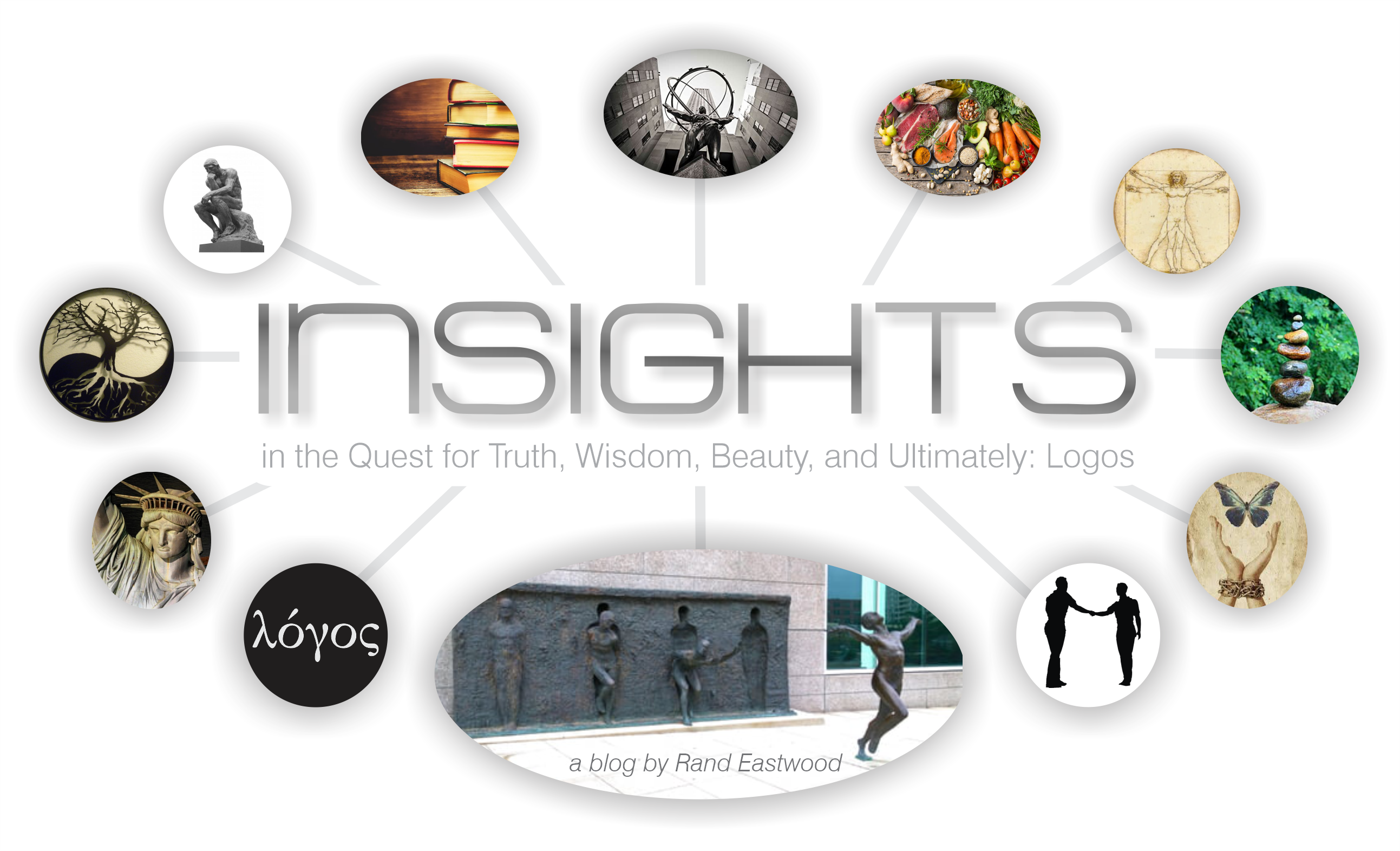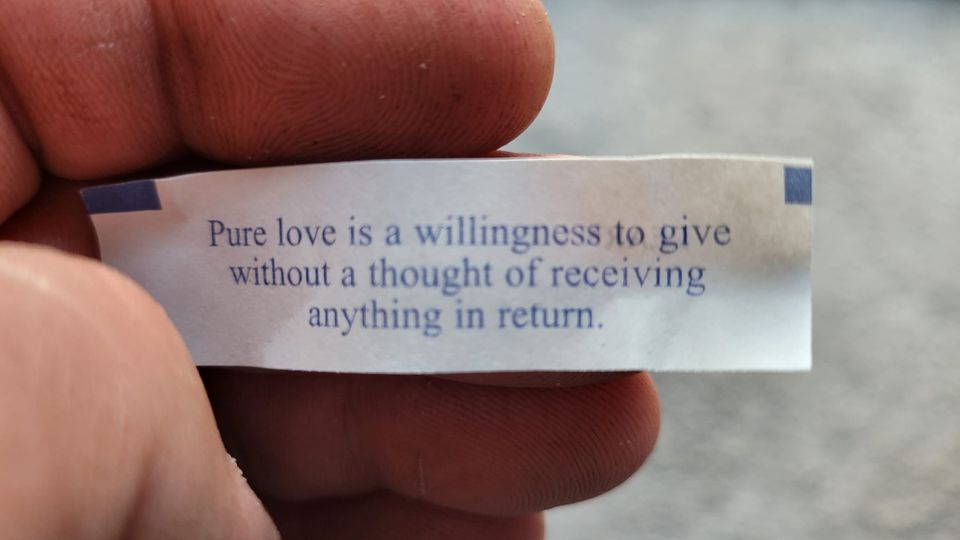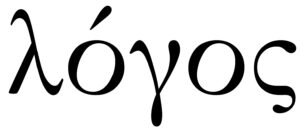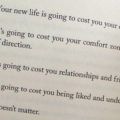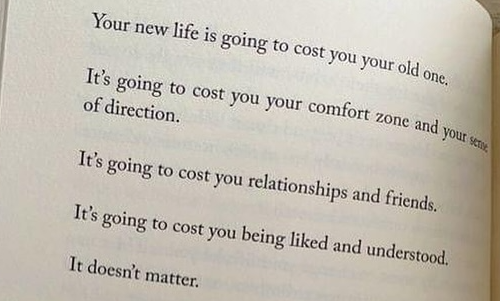I’ve come to believe that true giving, and true forgiving, should both be offered unconditionally.
As for forgiveness, we cannot truly forgive someone while harboring any expectation of apology, remorse, or any change in their behavior or even their attitude.
Archbishop Emertus Desmond Tutu writes of this in The Book of Forgiving:
“Forgiveness is not dependent on the actions of others. Yes, it is certainly easier to offer forgiveness when the perpetrator expresses remorse and offers some sort of reparation or restitution. Then, you can feel as if you have been paid back in some way. You can say, “I am willing to forgive you for stealing my pen, and after you give me my pen back, I shall forgive you.” This is the most familiar pattern of forgiveness. In this understanding, forgiveness is something we offer to another, a gift we bestow upon someone, but it is a gift that has strings attached.
The problem is that the strings we attach to the gift of forgiveness become the chains that bind us to the person who harmed us. Those are chains to which the perpetrator holds the key. We may set the conditions for granting our forgiveness, but the person who harmed us decides whether or not the conditions are too onerous to fulfill. We continue to be that person’s victim. “I will not speak to you until you say you are sorry!” my young granddaughter, Onalenna, will rage. Her older sister, thinking the demand unfair and unjustified, refuses to apologize. The two remain locked together in a battle of wills bound by mutual resentment. There are two routes out of the impasse: the older Nyaniso can apologize, or Onalenna can decide to forgo the apology and forgive unconditionally.
Unconditional forgiveness is a different model of forgiveness than the gift with strings. This is forgiveness as a grace, a free gift freely given. In this model, forgiveness frees the person who inflicted the harm from the weight of the victim’s whim—what the victim may demand in order to grant forgiveness—and the victim’s threat of vengeance. But it also frees the one who forgives. The one who offers forgiveness as a grace is immediately untethered from the yoke that bound him or her to the person who caused the harm. When you forgive, you are free to move on in life, to grow, to no longer be a victim. When you forgive, you slip the yoke, and your future is unshackled from your past.”
And just as in the act of forgiving, that we should forgive others unconditionally—even for seemingly unforgivable acts—the same holds in the act of giving: that we should give to others without any expectation of reciprocity, reward, or even appreciation.
We should simply give, or forgive, from Spirit—and that is all.
Related Articles:
Forgiving The Unforgivable
Forgiving Gets Easier With Practice
Subscribe to INSIGHTS Blog on Substack • Like/Follow INSIGHTS Blog on Facebook
Visit Lifeology Store • Like/Follow Lifeology Store on Facebook • View Rand’s Books on Amazon
A Note To Readers:
If you found this article (or any of the others, for that matter) interesting, informative, entertaining, etc., please consider subscribing to the INSIGHTS email newsletter: simply enter your email into the form below (also in the right sidebar)—or, if you prefer, just use this simple quick sign-up form. (Bonus: INSIGHTS subscribers receive a 20% discount at Lifeology Store, at checkout simply enter the discount code included in the welcome email upon subscribing!)
↓↓↓ Also, please hit the “Like” (thumbs up) button below. Thanks! ~ Rand
